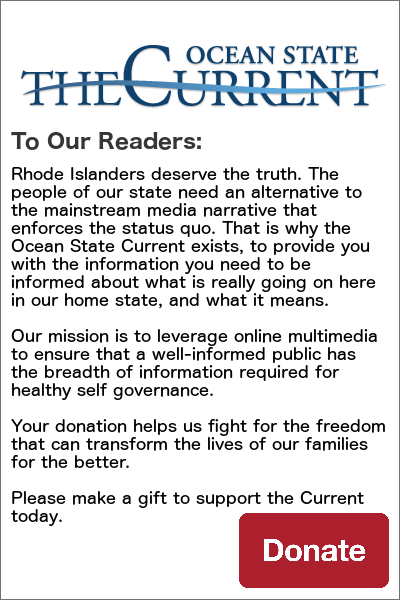The Accuracy of “Government Schools”
A phrase that I’ve been known to use — and have seen others comment on my usage — is “government schools” in lieu of “public schools.” That same replacement has been the subject of some online commentary since Katherine Stewart used a New York Times op-ed to connect it to the Confederacy.
I won’t get into the historical debate because, well, because it’s kind of silly. Even those who merely dabble in the observance of human behavior will have noticed instances in which somebody attempts to skirt a discussion of substantive differences by supposedly uncovering the true origin of some phrase. In this case, one would expect a descriptive term like “government school” to come quickly to mind, without reference to history, whenever somebody thinks it’s important to emphasize the role of government in education, whether for ill or for good.
Yes, that can go both ways. It just so happens that, right now, people are rightly wary of government’s abuse of its access, and many of us want to emphasize that our education system — as in, the structure that our society uses to educate its children — isn’t limited to schools run by the government. Inasmuch as “private schools” offer services to the “public,” they are “public schools,” too.
[box type=”note” style=”rounded”]To Our Readers: We need your support to challenge the progressive mainstream media narrative. Your donation helps us deliver the truth to Rhode Islanders. Please give now.[/box]
Even more, Stewart is engaging in a sort of ideological, intellectual aggression. Those who have objected to the expansion of government on principled grounds have often been warning of trends, not objecting to intentions. Yes, they’ve suggested, let’s end slavery and racism, but doing it this way will create risks to our very form of government. A century and a half later, the aggressors prove the point by telling those who want any limits on government at all that they’re just like the racists whose behavior strained our principles in the first place.
More practically, as David French points out, the phrase “government schools” is clarifying, so the debate ought to center around that which is clarified:
Why do libertarians and Christians intentionally increasingly use the term “government schools” to describe public education? First, because it’s true. Public schools are government schools. Second, because it’s clarifying. Too many Americans are stuck in a time warp, believing that the local school is somehow “their” school. They don’t understand that public education is increasingly centralized — teaching a uniform curriculum, teaching a particular, secular set of values, and following priorities set in Washington, not by their local school board. The phrase is helpful for breaking through idealism and getting parents to analyze and understand the gritty reality of modern public education. The phrase works.
Unfortunately, there’s an ideological battle underlying the education debate, and taking Stewart’s history at face value, that appears the have been there all along. She quotes A. A. Hodge as writing in 1887 that government schools were “the most appalling eginery for the propagation of anti-Christian and atheistic unbelief, and of antisocial nihilistic ethics, individual, social and political, which this sin-rent world has ever seen.”
For a parallel to that string of phrases, turn to Rod Dreher’s conversation with a cleaning woman, who fretted about the dangers of her own children’s government schools: “I talked at length to a woman who worries about her daughters in public school having to navigate sexually aggressive straight males and gay females, daily fights in the hallway between classes, ubiquitous porn, and drugs — all this, just to get an education”:
“Before the first bell, a lot of times she’s already seen three fights,” she said, about the [daughter] in high school.
And then there are the drug problems. Heroin. LSD. Cocaine. And, of course, pot.
“It’s crazy out there,” she said. “There’s nobody in charge. These kids are doing whatever they want to, and nobody’s there to tell them no.”
Serendipitously, this whole discussion ties in well with a government-school–related incident in Tiverton. A male middle school English teacher was fired in 2015 when he (by all accounts) playfully pulled a female student a short distance across the floor to get her to get up and go where she was supposed to be. The news today is that the state Dept. of Education just reinstated him.
Let me state my own view that, although there may be more to the story, based on the linked article, one might argue that Christopher Fielding was trying to be one of those adults “to tell them no,” and just misjudged his method. There’s something puritanical about the impulse to banish a teacher who has countless interactions with students every day for 180 days a year when his good intentions misfire a single time. Again: this is my take on the news report, not on any broader knowledge of the incident.
Be that as it may, the Tiverton School Committee didn’t see it that way, bringing us to the relevant point for my purposes, here: The state government has overridden the local board. As much as the people of Tiverton might be able to have a debate about how this incident should be interpreted in our community, a government bureaucracy and a national teachers union have made it clear who really runs the show.
In the terms of David French, these aren’t “our” schools; they are “government schools.” And they’re schools that the public should have the option to leave, whether to escape a stultifying regime or a “sin-rent” atmosphere.


